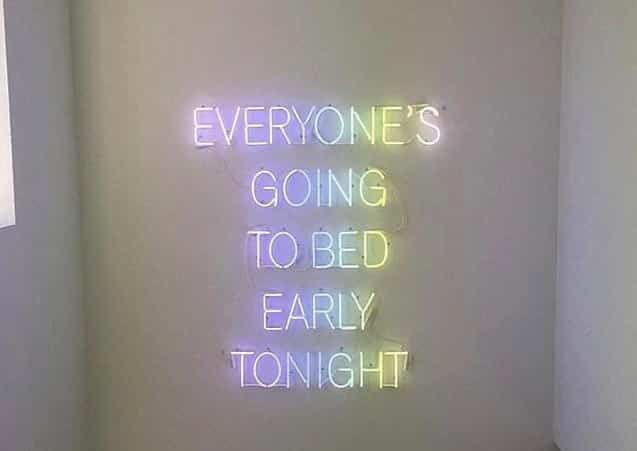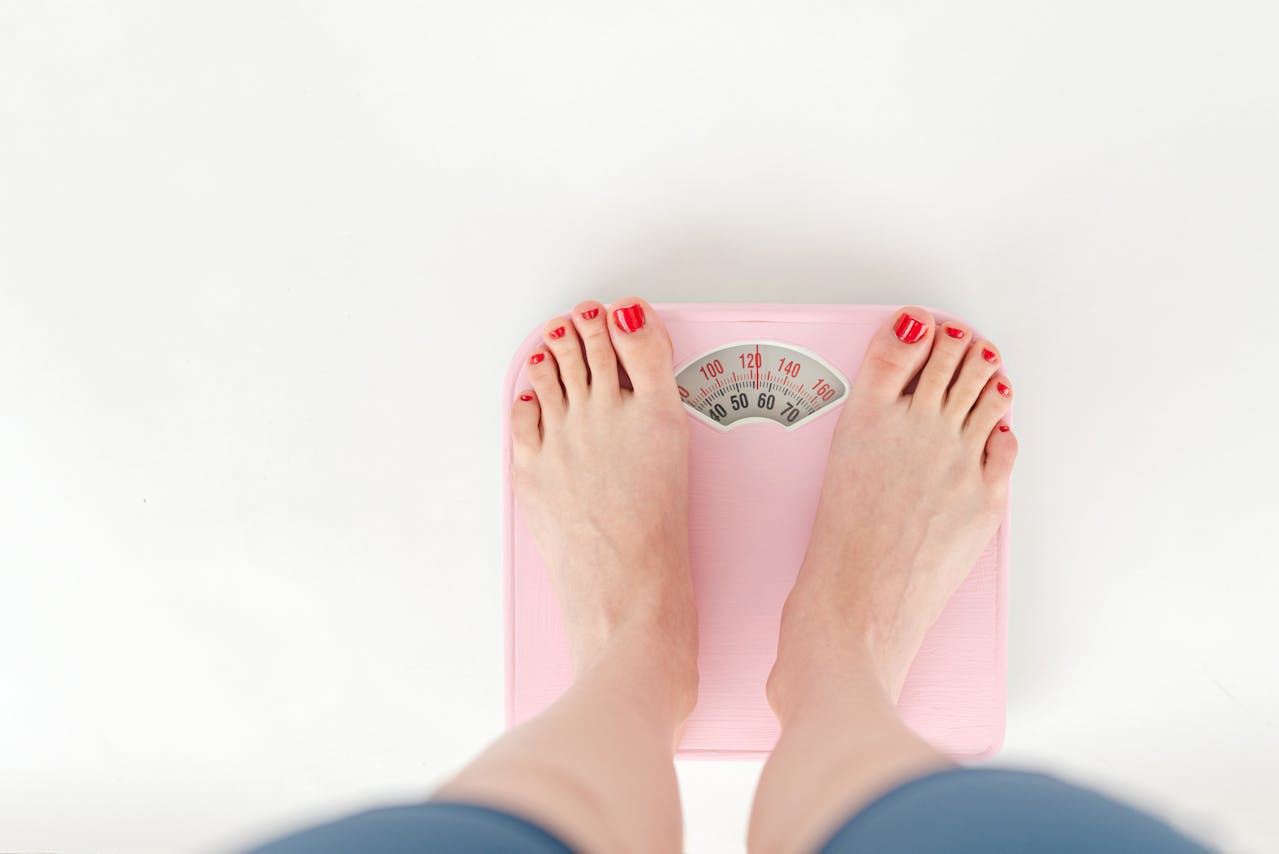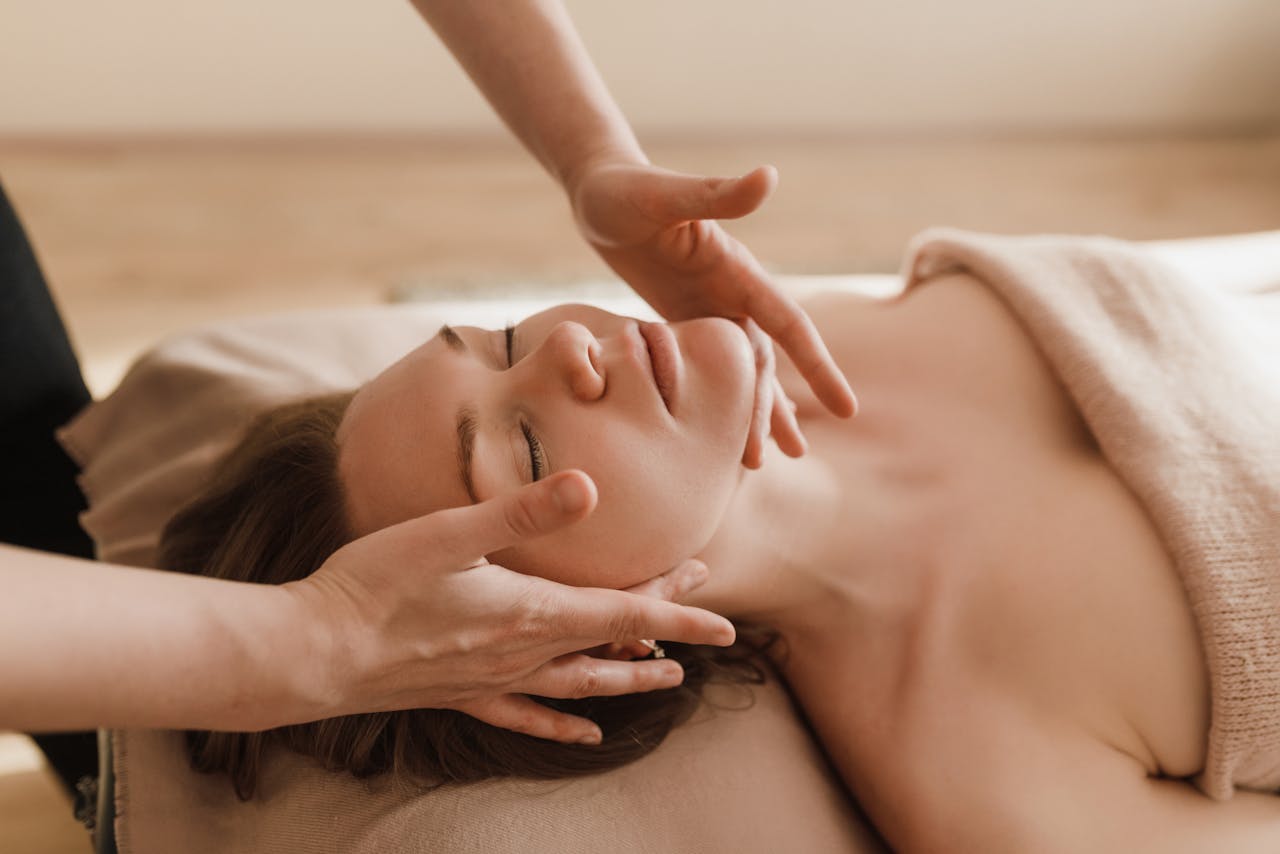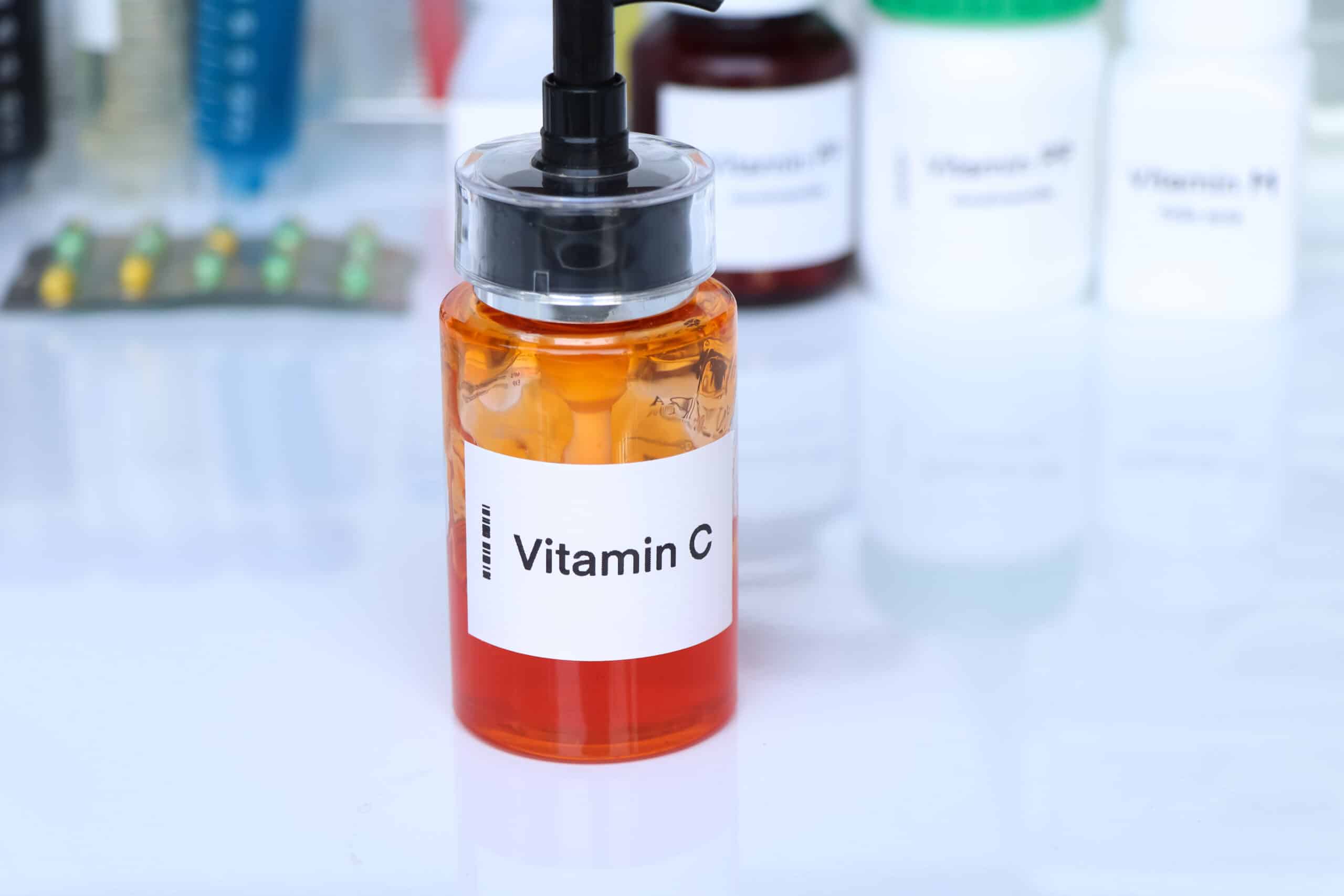We are big on self-care at Healthylooks Medspa. We define self-care as the act of improving your health and wellbeing. When we neglect ourselves and feel wound up, we might think a bubble bath and a glass of wine is the cure… but we require much more than that! Self-care is less glamorous than one may think. It might look like organizing your kitchen and throwing out processed foods. Or maybe you need to have a difficult conversation with a “toxic” friend or family member. The act might be challenging, but the reward is life-changing!
One aspect of self-care is SLEEP. Thanks to a 2-hour podcast between Joe Rogan and Dr. Mathew Walker, my eyes are open to how vital 7-9 hours of sleep every night is. Dr. Walker is the author of “Why We Sleep” and has also published over 100 scientific research studies. His research examines the impact of sleep on human health and disease. Dr. Walker beautifully explains the impact of sleep on the body in this podcast. I highly encourage watching the first 10 minutes, and I think you’ll be too interested to stop watching!
In case you don’t have 2 hours to listen to the podcast, we’ve narrowed down some key findings.
- There is a deprivation epidemic across the globe. The recommended amount of sleep is 7-9 hours per night, yet the average American sleeps only 6.5 hours.
- A lack of sleep is directly linked to numerous neurological and psychiatric conditions (e.g., Alzheimer’s disease, anxiety, depression, bipolar disorder, suicide, stroke, and chronic pain), and countless disorders and disease (e.g., cancer, diabetes, heart attacks, infertility, weight gain, obesity, and immune deficiency). No facet of the human body is spared the crippling harm of sleep loss.
- It enhances memory, productivity, creativity, and motor function.
- Concentration dramatically suffers from deprivation. Drowsy driving is one of the most severe consequences of sleep deprivation. Every hour, someone dies in a traffic accident in the US due to a fatigue-related error.
- Many emotional and psychiatric problems can occur under sleep deprivation. Conversely, treating some of these issues with sleep has shown success.
Tips for Healthy Sleep
- Stick to a sleeping schedule
- Exercise is great, but not too late in the day. Try to exercise at least thirty minutes on most days but not later than two to three hours before your bedtime.
- Avoid caffeine and nicotine.
- Avoid alcoholic drinks before bed.
- Avoid large meals and beverages late at night.
- If possible, avoid medicines that delay or disrupt your sleep.
- Don’t take naps after 3 p.m.
- Relax before bed. Don’t overschedule your day so that no time is left for unwinding. A relaxing activity, such as reading or listening to music, should be part of your bedtime ritual.
- Take a hot bath before bed.
- Dark bedroom, cool bedroom, gadget-free bedroom.
- Have the right sunlight exposure. Daylight is key to regulating daily sleep patterns. Try to get outside in natural sunlight for at least thirty minutes each day. If possible, wake up with the sun or use very bright lights in the morning.
- Don’t lie in bed awake.




